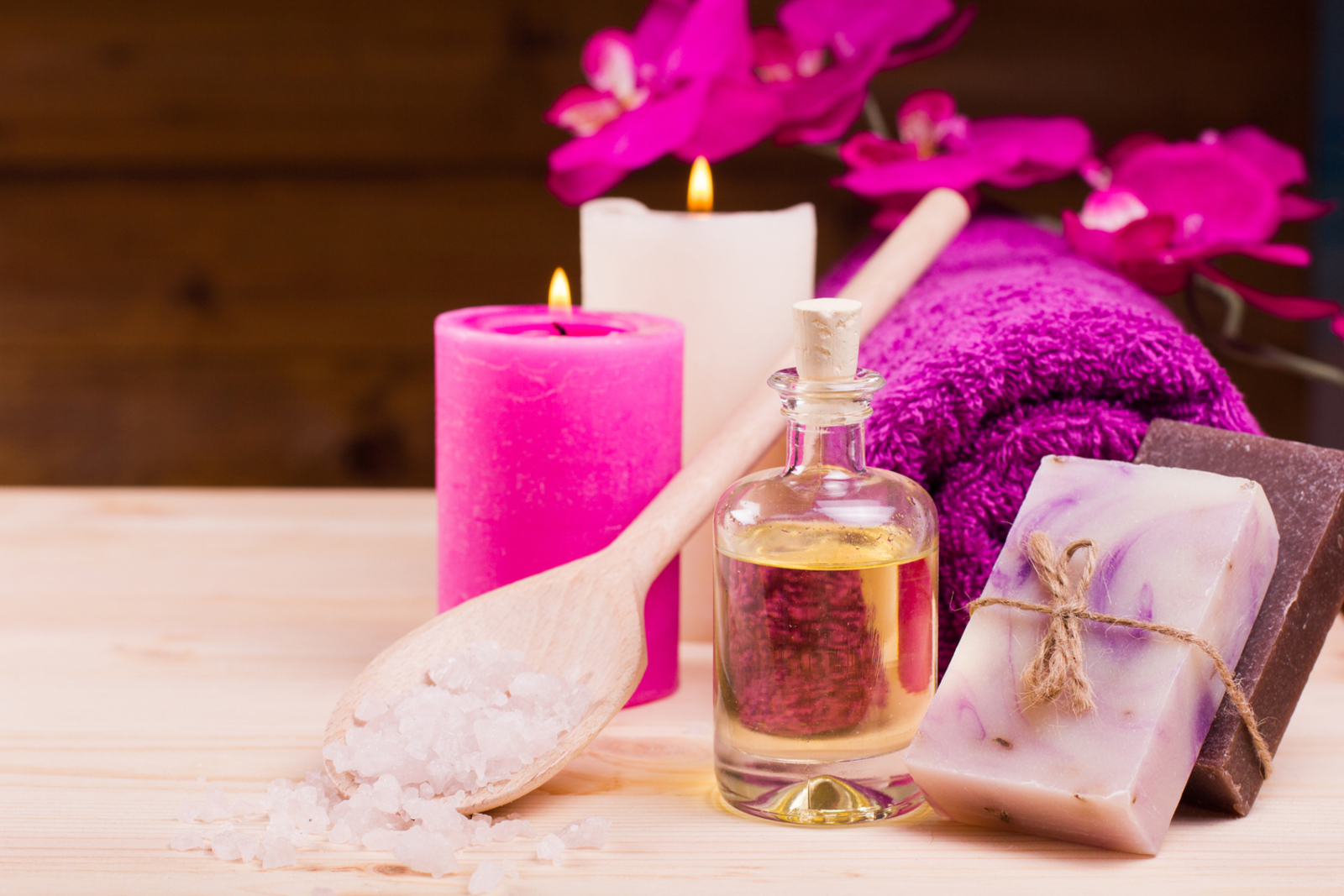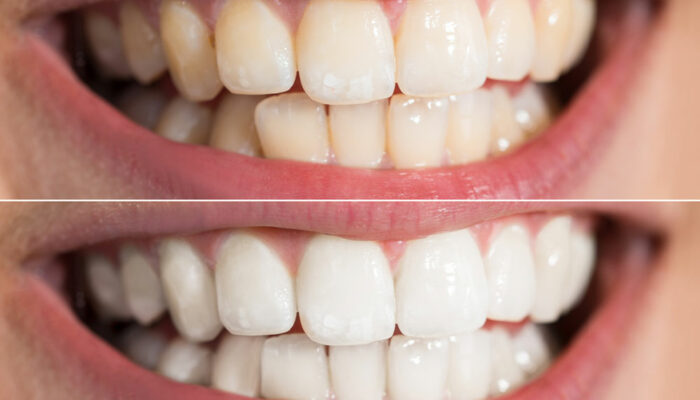
Soaps That Cause Eczema
Eczema can flare-up as a result of many different things—cold weather, for instance. Scheduling a visit with your dermatologist can hopefully provide you with some better skincare direction, such as relief from pruritus (itchiness). Dermatologists will likely be able to determine your type of eczema—atopic dermatitis, for instance—and offer you tailored treatment plans. Eczema in kids, too, can be examined by a pediatric dermatologist. However, while dermatologists can provide a lot of useful information and advice, switching out everyday products that might be actively harming your skin can also be greatly beneficial. In this article, we go over many different kinds of soaps that might be worsening, contributing—or even causing—your eczema:
1. Soaps with fragrances
Although sweet, cleverly named soaps might be fun to use—we’re looking at you, Bath and Body Works—in reality, they often contain chemicals that can irritate the skin and result in eczema. Due to this, it’s recommended that those with sensitive skin or eczema steer clear of fragranced soaps and instead opt for hypoallergenic or fragrance-free alternatives.
2. Soaps containing alcohol
Some soaps contain high levels of alcohol, which can work to irritate sensitive skin and dry it out. Individuals who use soaps that have a high alcohol content might experience some stinging and burning as well as a feeling of dryness. As such, it’s best to stay away from soaps that contain alcohol, especially in larger quantities
3. Parabens
Ever seen a bottle of hand soap or shampoo that clearly states ‘no parabens’? This is likely because—while parabens don’t typically pose an issue for normal skin types—applying products that contain them on sensitive skin, wounds, or eczema can trigger allergic dermatitis. Aside from this, parabens can also disrupt hormones and have a negative impact on reproductive hormones and fertility. Overall, it’s definitely recommended to cut out parabens altogether in order to improve your skin’s health.
4. Triclosan
Although it’s been mostly banned from being used in hand soaps in the United States, triclosan may still be lurking in some of your older products. Products containing triclosan can cause hormonal changes, as well as increase an individual’s risk of developing a food allergy. Experiencing contact dermatitis—also known as a skin rash that causes sunlight sensitivity—after using products that contain triclosan is by no means uncommon. Thus, it should come as no surprise that triclosan can very much exacerbate symptoms of eczema. If you have any old products that contain triclosan, it’s best to get rid of them entirely.
5. Dyes and colorants
Generally, artificial dyes in skincare can be pretty problematic. Potentially leading to blocked pores, inflammation, and irritation when used on the face, it’s not shocking that hand soaps containing artificial dyes and colorants can also cause problems. As a general rule of thumb, it’s best to avoid soaps that contain dyes and colorants in order to refrain from irritating the skin.



